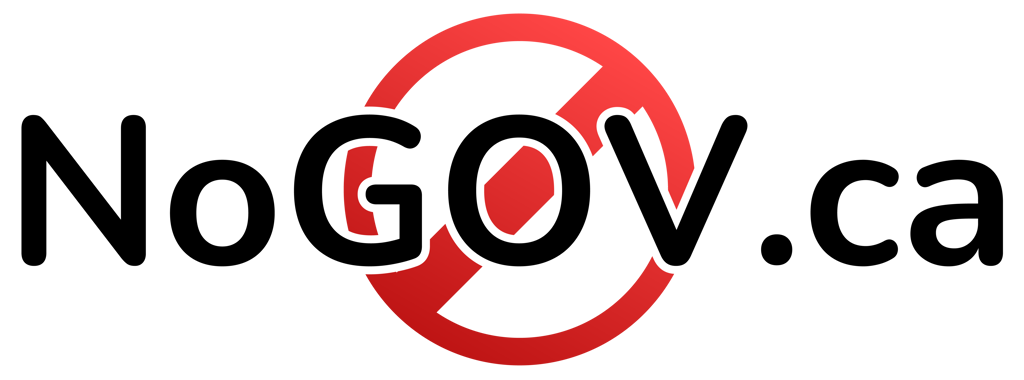NPR’s Ayesha Rascoe asks trade and commerce attorney Jonathan Todd what he expects to hear at a 3-day gathering of supply chain professionals in Orlando, Fla. starting today.
AYESHA RASCOE, HOST:
If you’ve never heard of the Institute for Supply Management’s annual conference, you’re not alone. It’s a pretty niche event. But we are in different times. Tariffs, real and threatened, are poised to disrupt supply chains. Companies have already put overseas orders on hold. There are even threats of not enough toys for Christmas. So the ISM meeting, which opens in Orlando today, is now attracting broader interest. Yesterday, I spoke to Jonathan Todd, who will be speaking at the conference. He’s an attorney who specializes in supply chains and represents the firm Benesch Law. I asked him, what are some of the issues that participants will be focusing on?
JONATHAN TODD: The top thing on everyone’s mind is that imported goods into the United States cost more if tariffs go up, and this is everything from children’s toys to some food products to even industrial products that are used to make things here in the United States. This is the fundamental challenge to procurement professionals and logistics professionals as they look to bring goods into the U.S. and to run their companies effectively.
RASCOE: So you advised clients on the tariffs that came with the start of President Trump’s first term. You know, January of 2018, it was solar panels and washing machines. Then March, it was steel and aluminum from most countries. And then there was this whole separate tariff regime for China. What were your clients telling you then, and what were you advising them in return at that time?
TODD: Awareness was always the challenge, and it is today. What is happening? What truly does it mean to my supply chain, and how do I manage against that? It became a real strategic challenge for these companies because the actions were all focused on China. And so what these companies did was they diversified their supply chains and their suppliers. Today, our No. 1 trading partners are Canada and Mexico. So they really did move away from sourcing in China, which helps them on the cost side of this and some other compliance issues that they were facing. That’s very different today because today, we’re talking about worldwide tariffs of at least 10%, and those are changing very, very rapidly. Today, the theme is properly bringing a manufacturing base back to the United States.
RASCOE: Well, and that’s kind of what Trump wants, right? He wants them – well, not kind of. That’s what he says he wants. He wants them to come back to the U.S. He wants to build companies. So are some of your clients saying, look, we’re going to look at building in the U.S.?
TODD: Yeah, that’s right. And this is interesting, right? I had some clients earlier in first quarter of this year who were seriously looking at increasing investment in the United States. As we got into “Liberation Day” and second quarter, everything went from a strategic perspective to a very tactical perspective. Everyone’s looking to avoid essentially going bankrupt overnight as costs increase on import goods. My optimistic view is that as we get into third quarter and the back half of this year, the dust will settle, the business community will have greater certainty on what may be happening here, and we can return to that strategic planning that had started in first quarter of this year.
RASCOE: So on Wednesday, President Trump got this question from a reporter in the Oval Office.
(SOUNDBITE OF ARCHIVED RECORDING)
UNIDENTIFIED REPORTER #1: Mr. President, Wall Street analysts have coined a new term called the TACO Trade. They’re saying Trump always chickens out, on your tariff threats, and that’s why markets are higher this week. What’s your response to that?
RASCOE: And he did not appreciate the term, coined by a writer for the Financial Times.
(SOUNDBITE OF ARCHIVED RECORDING)
PRESIDENT DONALD TRUMP: That’s a nasty question. Go ahead.
(CROSSTALK)
UNIDENTIFIED REPORTER #2: Mr. President. Mr. President.
TRUMP: To me, that’s the nastiest question.
UNIDENTIFIED REPORTER #2: Mr. President.
RASCOE: Nevertheless, I mean, you know, it sounds like from what you’re saying, the optimism kind of seems to be coming from the fact that Trump’s not going to follow through on these threats. Is that the case?
TODD: This is everything the president campaigned on, in a way. But when you see it rolled out and the way it was rolled out, it caught a lot of companies off guard for sure. The real challenge and the point of contention, kind of on all fronts, is the way in which it is happening, the speed in which it is happening. And again, I think many folks are optimistic that as we get into third quarter of this year, we’ll know where that lands. Whether that looks like it did a year ago, I’m not super optimistic. I think we will have higher costs, but at least we’ll know. That’s the real business challenge right now. People don’t know.
RASCOE: That’s trade attorney Jonathan Todd. Thank you so much for speaking with us.
TODD: Thank you, Ayesha.
Copyright © 2025 NPR. All rights reserved. Visit our website terms of use and permissions pages at www.npr.org for further information.
Accuracy and availability of NPR transcripts may vary. Transcript text may be revised to correct errors or match updates to audio. Audio on npr.org may be edited after its original broadcast or publication. The authoritative record of NPR’s programming is the audio record.
